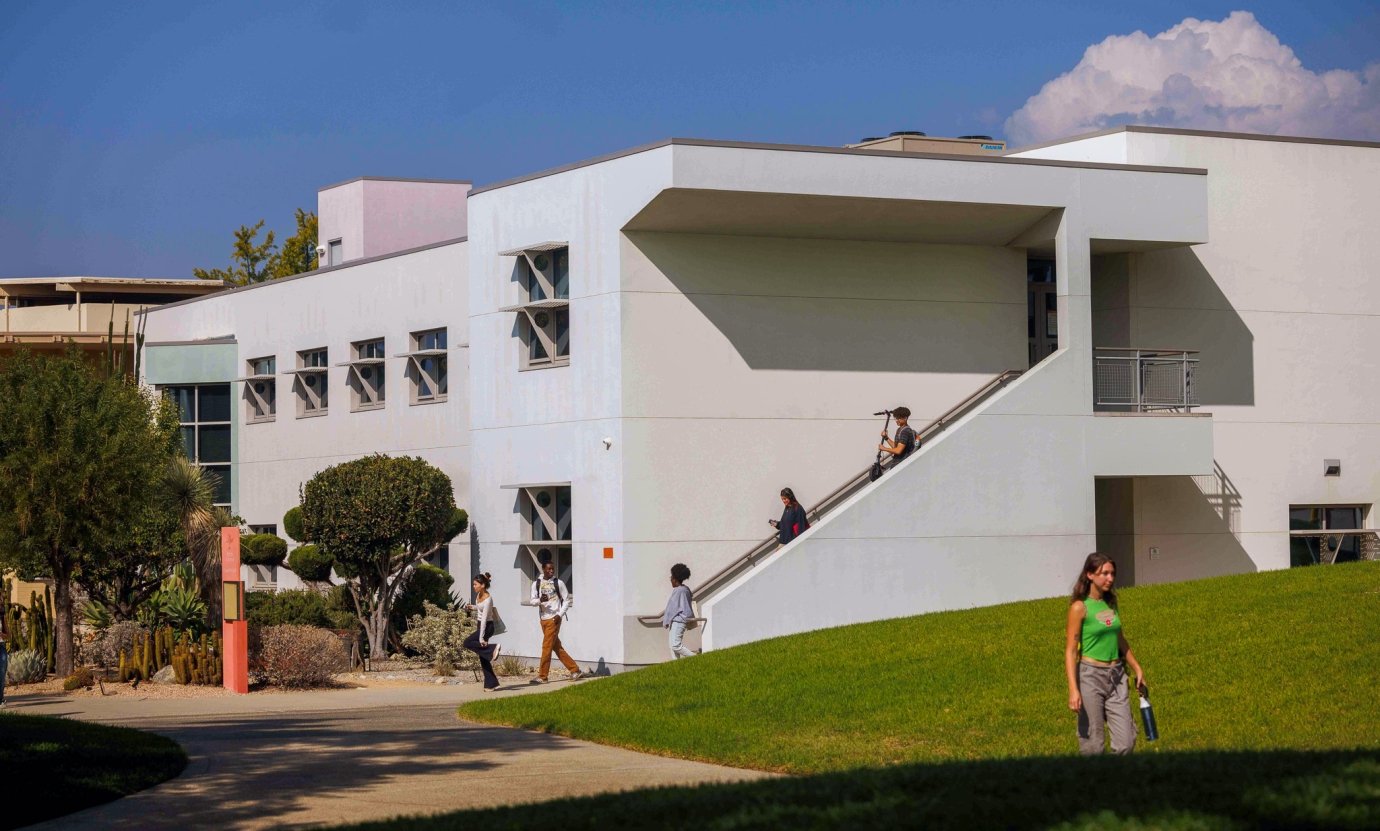Teaching, Learning, and Campus Life Committee

As of fall 2023, the Campus Life Committee and Teaching and Learning Committee have been merged. All funding for Campus Life and Teaching and Learning events are now awarded through the Teaching and Learning and Campus Life Committee (TLCLC).
The mission of Teaching, Learning, and Campus Life Committee is to enhance the intellectual, cultural, and social life of the College, to promote and support close faculty-student relationships, and to encourage the involvement of alumni in the campus community. TLCLC fulfills its mission primarily by allocating various funds for special events, activities, programs, and projects that will enhance campus life. All members of the Pitzer community are invited to submit funding proposals.
Additionally, TLCLC will coordinate with the Claremont Colleges Center for Teaching and Learning (CTL) to make CTL expertise and programming accessible to the Pitzer community and will, occasionally and as appropriate, sponsor teaching and learning focused events that originate from the Committee in addition to proposals submitted by faculty, staff, and students.
Contact: tlclc@pitzer.edu